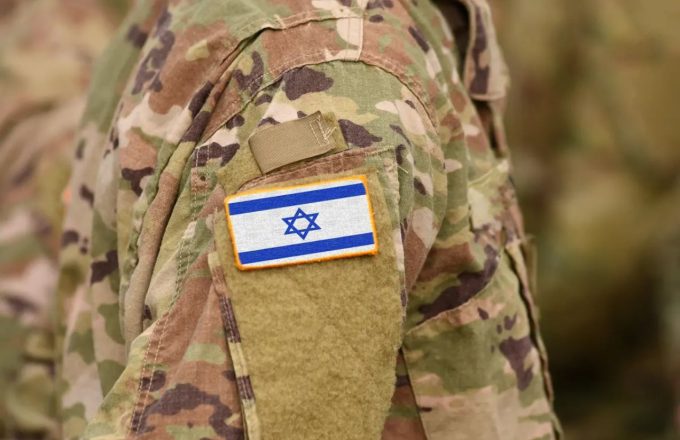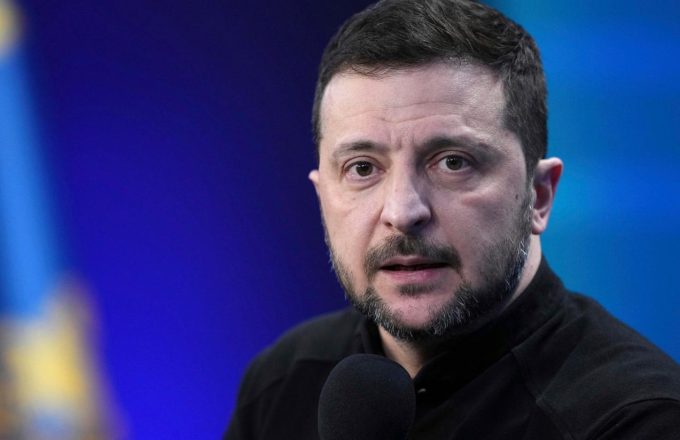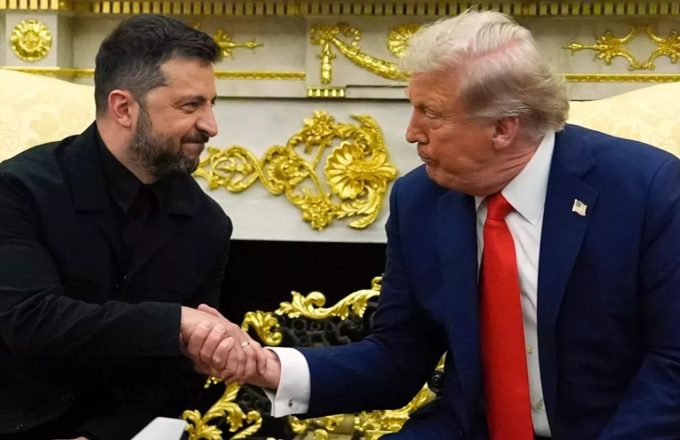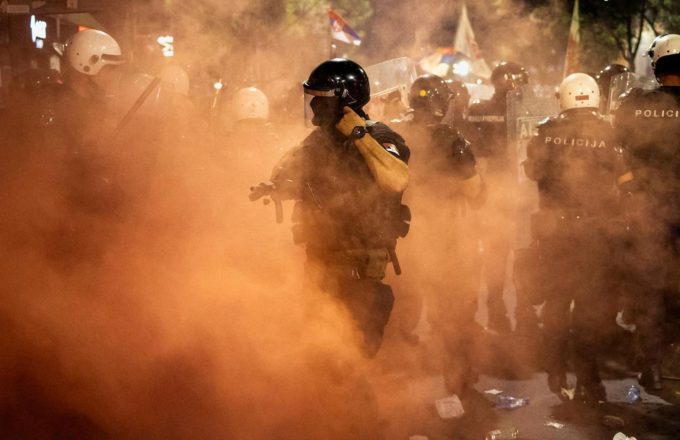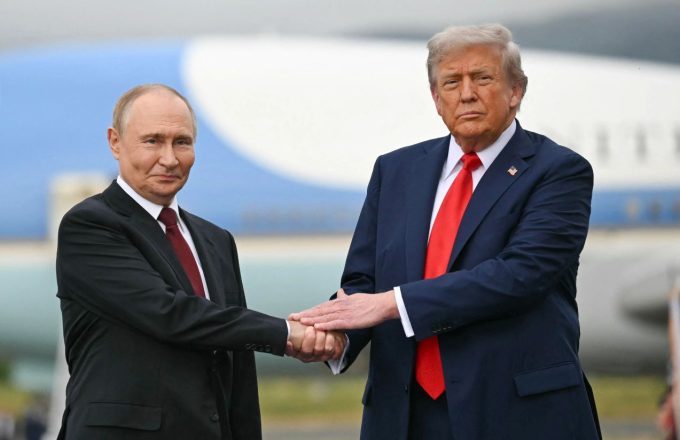A Growing Military Presence
The United States has deployed three destroyers equipped with Aegis systems near the Venezuelan coast, reinforcing President Trump’s strategy to confront drug cartels considered a threat to national security. The ships, capable of advanced missile defense and surveillance, are part of a regional operation that could last several months. Washington argues that these actions are not only aimed at criminal groups, but also at containing what it views as destabilizing influence from Caracas.
A Record-Setting Bounty
Simultaneously, the U.S. government announced an unprecedented move: doubling the reward for Nicolás Maduro to 50 million dollars. Maduro is accused of leading a drug trafficking network linked to fentanyl and adulterated cocaine entering U.S. territory. This figure makes it one of the highest rewards ever offered for a sitting political leader, signaling a dramatic escalation in Washington’s pressure tactics.
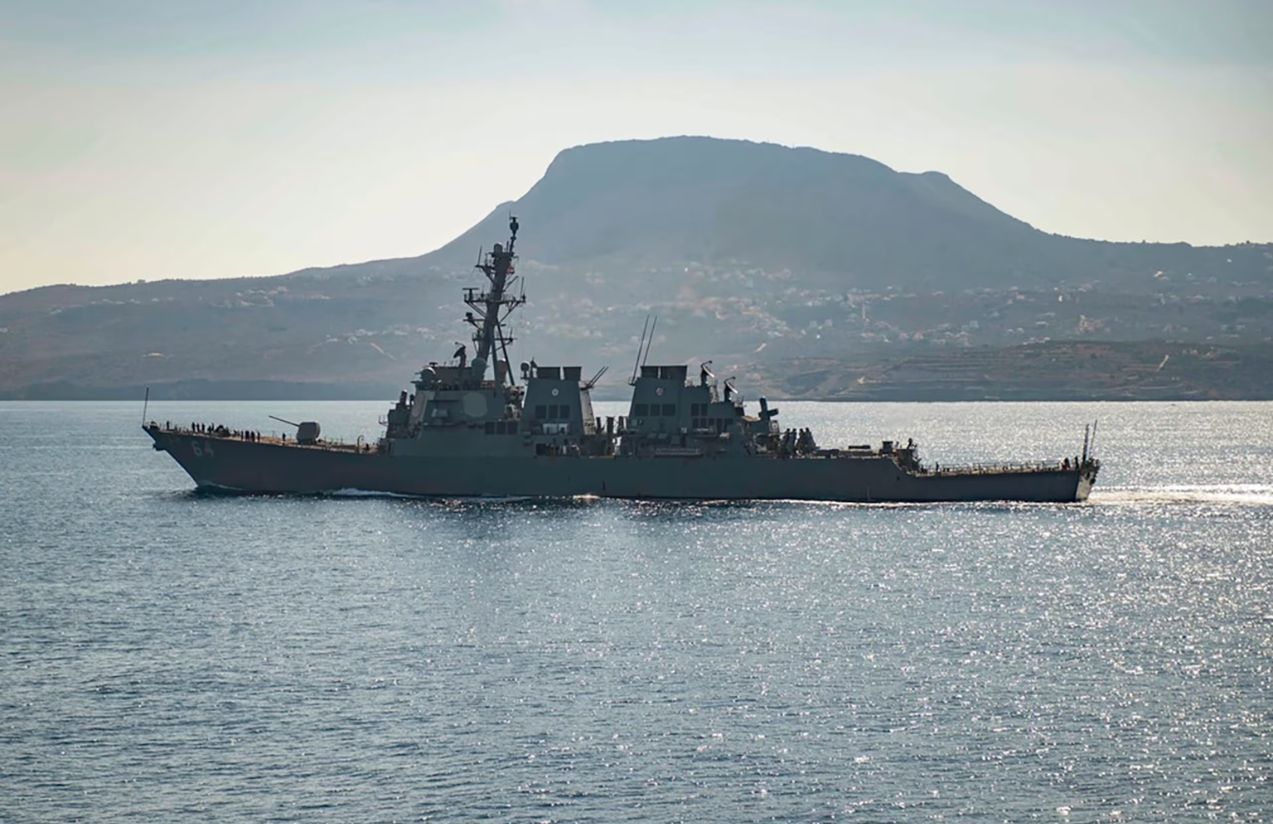
Reactions and Possible Consequences
What effects could this escalation have?
Analysts suggest that while the military presence may deter cartels, it also risks heightening tensions between the two nations. Maduro quickly responded by mobilizing militias and accusing Washington of “imperialist aggression.” Meanwhile, U.S. officials insist on maintaining a hardline approach, seeking not only to curb the drug trade but also to politically isolate Maduro on the international stage.
For many observers, these moves mark a turning point in U.S.-Venezuela relations, blending military pressure with economic and political tactics.




